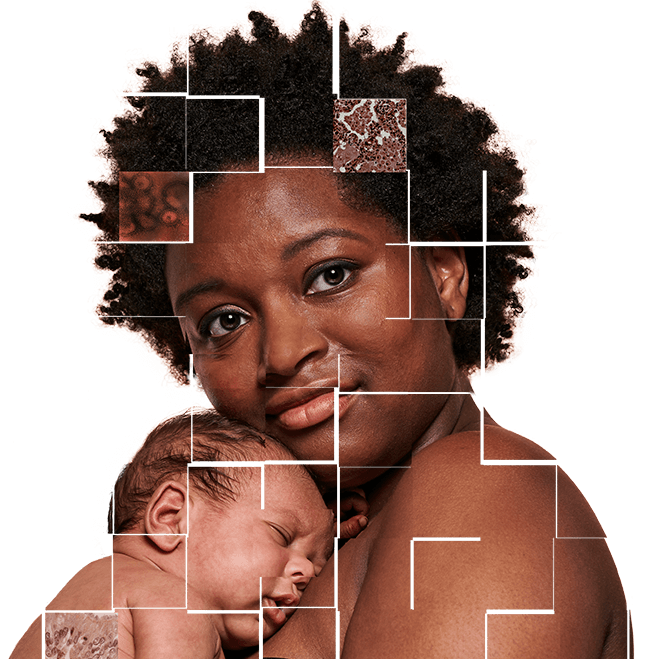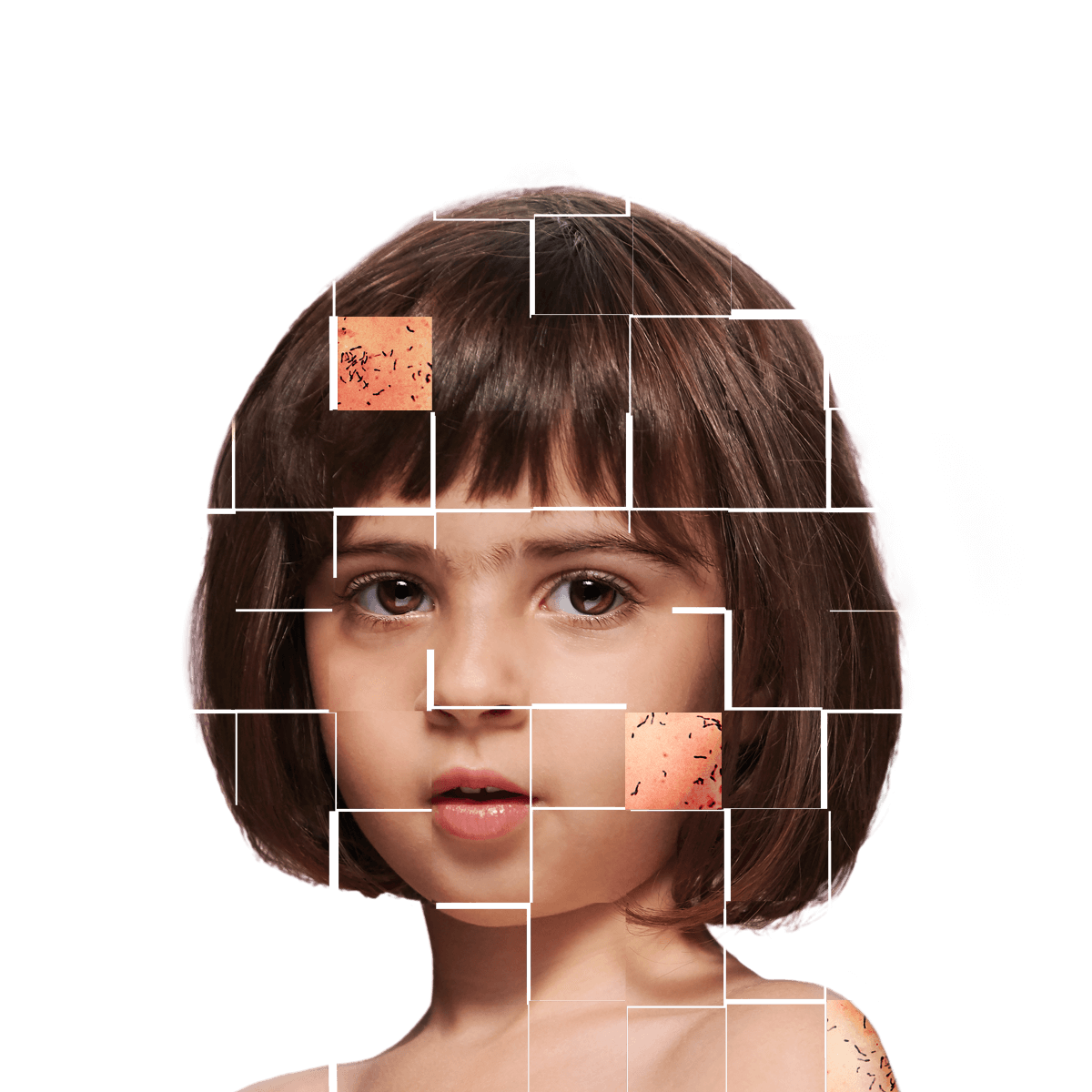Vaccines:
The best protection against preventable disease.

Stay on Schedule
Talk to your health care provider about vaccinating on time, every time.

How Vaccines Work
When you get sick, your body’s immune system (the body's ability to fight germs and sickness) creates antibodies that fight off the infection. If you get infected again, your body remembers the germs and responds with the right antibodies, preventing you from getting sick again.
Vaccines work by stimulating the immune system to create antibodies with small amounts of dead or weakened germs that won’t get you sick but will protect you from the disease in the future, sometimes for your entire life.
History of Protection
Before vaccines, many diseases that are now rare or completely eliminated were more prevalent in the U.S. than they are today. Smallpox was common across the world, causing illness and death for thousands of years but was completely wiped out in 1980. As recently as the early nineteenth century, hundreds of thousands of children were paralyzed due to polio every year. Thanks to vaccines introduced in the 1950s and 60s, the U.S. has been polio-free for over 30 years. Haemophilus influenzae type B (Hib) once infected 20,000 children per year, but thanks to vaccines it is now extremely rare. The measles is so contagious that 3-4 million people were infected in the U.S. each year, but vaccines have reduced the number of infections by 99%.
Protecting the Community
When you vaccinate, you not only protect yourself and your family but the entire community as well. Vaccines prevent outbreaks by making it harder for diseases to spread, which helps protect people who can’t get vaccinated for various reasons. They make diseases rarer and in some cases eliminate them completely!
Vaccine Safety
The Food and Drug Administration (FDA) and the Centers for Disease Control and Prevention (CDC) constantly monitor vaccine safety, and studies show that the current U.S. supply of vaccines is the safest in history.

Safety Testing & Monitoring Process
Before a vaccine is released and recommended, it is rigorously tested for safety and effectiveness. Scientists perform extensive lab testing for years before a vaccine is ever given to a human. The FDA conducts three phases of human trials on volunteers to determine:
- Is the vaccine safe?
- Is it effective?
- What are the side-effects?
The FDA only licenses a vaccine once it’s been proven safe and effective and that its benefits outweigh its risks. Every batch of vaccine is tested for safety and quality. Only those inspected and approved by the FDA are released to the public. After a vaccine is licensed, its safety is closely monitored by multiple agencies, groups and programs.
Vaccines and Autism
Side Effects
Just like any medication, vaccines can cause side effects. Most are mild and go away on their own. Some side effects common to all vaccines include:
- Redness, soreness or swelling at the injection site
- Low-grade fever
- Dizziness or fainting
More serious side effects can occur but are rare. Inform your health care provider of any known allergies before receiving a vaccine.
Reporting Side Effects
Paying for Vaccines
Most health insurance providers cover all recommended vaccines. If you do not have health insurance or you can not afford the out-of-pocket costs for vaccines, there are low- and no-cost options available. Your local county health department has resources available to help you find free- or low-cost vaccines near you.
Vaccines for Children
The Vaccines for Children (VFC) program provides free recommended vaccines for all children under the age of 19 who are:
- Eligible for Medicaid
- Uninsured or under-insured
- American Indian or Native Alaskan
If your child qualifies for the VFC program, he or she may receive free immunizations at a VFC provider.
Florida School Requirements
The State of Florida requires that children receive certain vaccines before they may enroll and attend both public and private schools and childcare facilities. Learn more about the latest immunization requirements.
Travel Considerations
If you are traveling out of the country, you may be exposed to one or more preventable diseases that are less common in the U.S. Vaccines can help prevent you from getting sick on your trip and spreading disease when you return.
- Make sure you and your family are up to date on all your routine vaccinations.
- Check your destination to find out what additional vaccines are recommended in the countries you will visit.